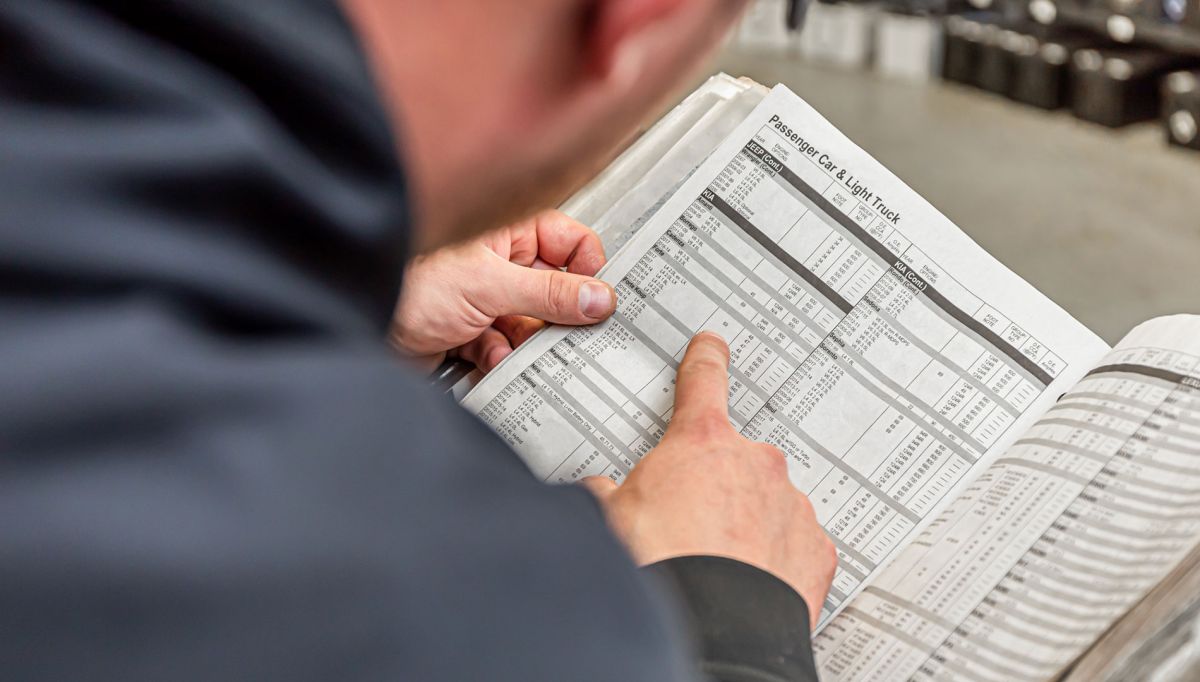
- Do you sell new batteries or only refurbished batteries?
Yes, Edmonds Batteries sells both new and refurbished batteries! All our stores have an incredibly large selection and variety of new batteries to choose from. For years we have been known for our refurbished batteries, starting back in the day when we would physically rebuild them in the back of our old Burnaby battery shop. However, as times have changed, refurbishing has become a much smaller portion of our business—though we still have a selection of refurbished batteries to offer our customers. To learn call more, call us at 604-534-7995
- What is the best way to care for my seasonal battery when not in use?
The two most important things you need to maintain on any battery is its fluid levels and its state of charge!
Batteries self-discharge at a rate of 1% to 3% per month. When a battery is left in a discharged state, the electrolyte will crystallize/sulphate on the plates of the battery. Not only do you lose the active material where this has happened, weakening your battery, but you also run the risk of damaging a separator inside your battery and shorting out a cell. A discharged battery also runs the risk of freezing as its freezing point is -7° C (20° F) compared to a freezing point of -67° C (-77° F) when fully charged.
The easiest way to combat this is with a battery maintainer. The beauty of a proper maintainer is that you check your fluids levels once before charging (unless stored in high temperatures), connect your maintainer, and forget about it until the next time you need to use your battery. The minute your voltage drops in the slightest a maintainer instantly brings the charge back up. You never have to worry about sulphating, or the peaks and valleys of regular charges which not only sulphate but generate the heat that requires regular fluid level checks.
If for whatever reason a battery maintainer is not an option for you, then make a note on the calendar to charge your battery once a month. Use an automatic charger and leave it on overnight; remembering to check your fluid levels before and after charging.
- Can I test my alternator by disconnecting the battery with my engine running?
There was a time in the 1970s and earlier when this was an accepted practice. However, as the number of sensitive electronic components in a vehicle has increased, this has become an increasingly dangerous practice. A battery acts as a voltage stabilizer to the pulsating DC amps produced by your alternator. Disconnecting the battery with the vehicle running can destroy components such as your emission computer, alarm system, stereo system, or the charging system itself.
- My battery keeps losing its charge, what is going on?
It is true that batteries self-discharge. Depending on the type of battery and the temperature it is stored at, the rate can be from 1% to 3% a month. A battery stored at 35° C (95° F) will self-discharge twice as fast than one stored at 23.9° C (75° F).
However, if your battery is discharging overnight, one of three things is happening:
· Your battery is not discharged, it is defective (i.e., a dead cell, an internal break, etc.).
· Something has drained your battery, either human error or an electrical problem in the vehicle.
· If you recently charged your battery, it was not completely charged. Often people will think that their battery is fully charged after a short time because it successfully started a vehicle. Truth is that a surface charge is what started the vehicle even though the battery is still discharged.
- Will driving my car charge my battery?
We all have friends who tell us “Just go for a drive” when they hear we’re stuck with a flat battery. The fact is alternators make horrible battery chargers. Their primary function is to operate the electronics of your vehicle and to maintain the charge in your vehicle’s battery. Though it’s possible on long drives to return some charge to your battery, it is impossible to do so with the stop and go driving of most commuters. It is always recommended that when your vehicle’s battery is discharged to properly charge it with the appropriate battery charger before driving your vehicle any further.
- Is it true that storing a battery on a concrete floor is bad for the battery?
This is a myth that was once fact and has been handed down for generations. For starters, batteries used to be stored in a glass jar encased in wood. The fear was that the wood would absorb moisture, swell, and then crack the glass jar.
Later came the hard rubber cased battery which had a high carbon content and was fairly porous. If the floor was wet and the battery was able to find a ground, it would self-discharge at a higher rate. We also suspect that there was fear that the hard rubber case would crack from the cold.
Today’s batteries are encased in a polypropylene case which insulates the batteries and can withstand environmental factors far better. So, no: if it were true, battery shops across the world would be out of business due to placing batteries on the ground.